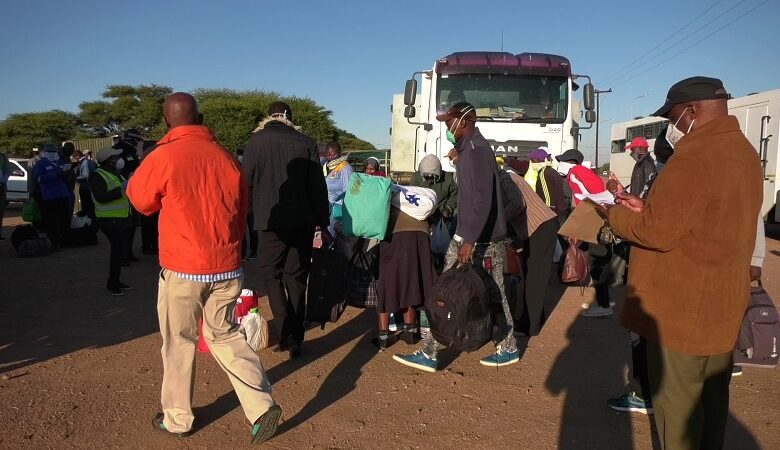
Last week, scores of Zimbabwean refugees living in Botswana lost their bid to remain in the country and now face deportation if they do not voluntarily leave.
The nearly 300 refugees fled Zimbabwe during the violent 2008 presidential election and fear persecution if they return. But officials from the U.N. refugee agency in Botswana and Zimbabwe say they are no longer at risk. The refugees have until February 28 to register for voluntary repatriation. But some, like Watson Chibi, say they do not want to return home.
“All refugees’ hopes are down. We are waiting for anything to happen. UNHCR has rejected us. The only option we have is going back home to Zimbabwe,” he said. “We are so skeptical, are we really going to get even a passport or a travel document? Things are bad. They are saying it is time up, we should go. We should go because we do not deserve international protection as things are (now) OK in Zimbabwe.”
Chibi says the refugees want to take the matter to court, but do not have funds. “We are trying to go to court. But will we have money to pay a lawyer to represent us? No, we don’t have money. Why? Because since 2010 refugees were not allowed to work,” he said.
Zimbabwe’s ambassador to Botswana, Henry Mukonoweshuro, has assured refugees it is safe to return. “What I can assure you is that his excellency (Zimbabwe President Emmerson) Mnangagwa welcomes you back to Zimbabwe. It is the government’s desire to have Zimbabweans in Zimbabwe,” Mukonoweshuro said.
The UNHCR protection officer at the Dukwi Refugee Camp, Olivia Mugambi, recently told refugees the situation in Zimbabwe has improved.
“We have done a lot of research in the country of destination and we believe that the situation has significantly changed, and the situation is now conducive for return,” Mugambi said.
The U.N. refugee agency says returning refugees will be assisted with a cash grant, a food package and hygiene items. Officials say the Botswana government will provide transport, while the reception of the returnees and their documentation and reintegration will be the responsibility of Zimbabwean authorities.
- www.voanews.com





